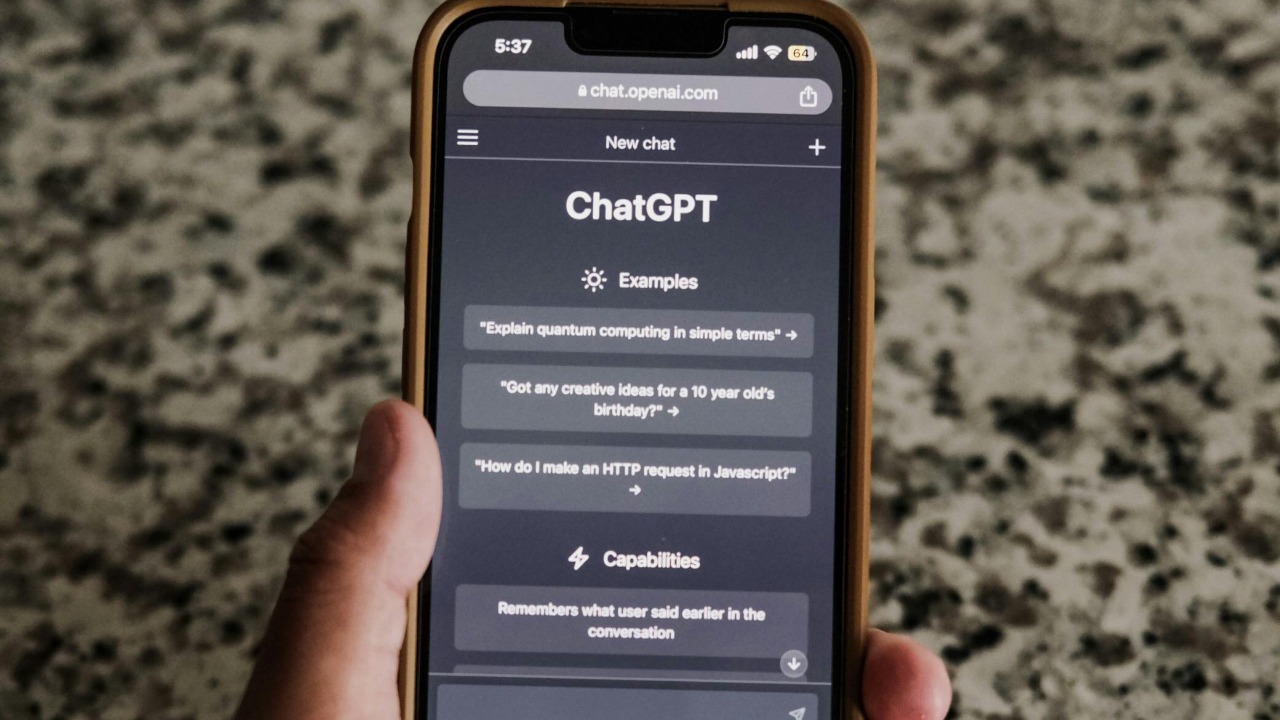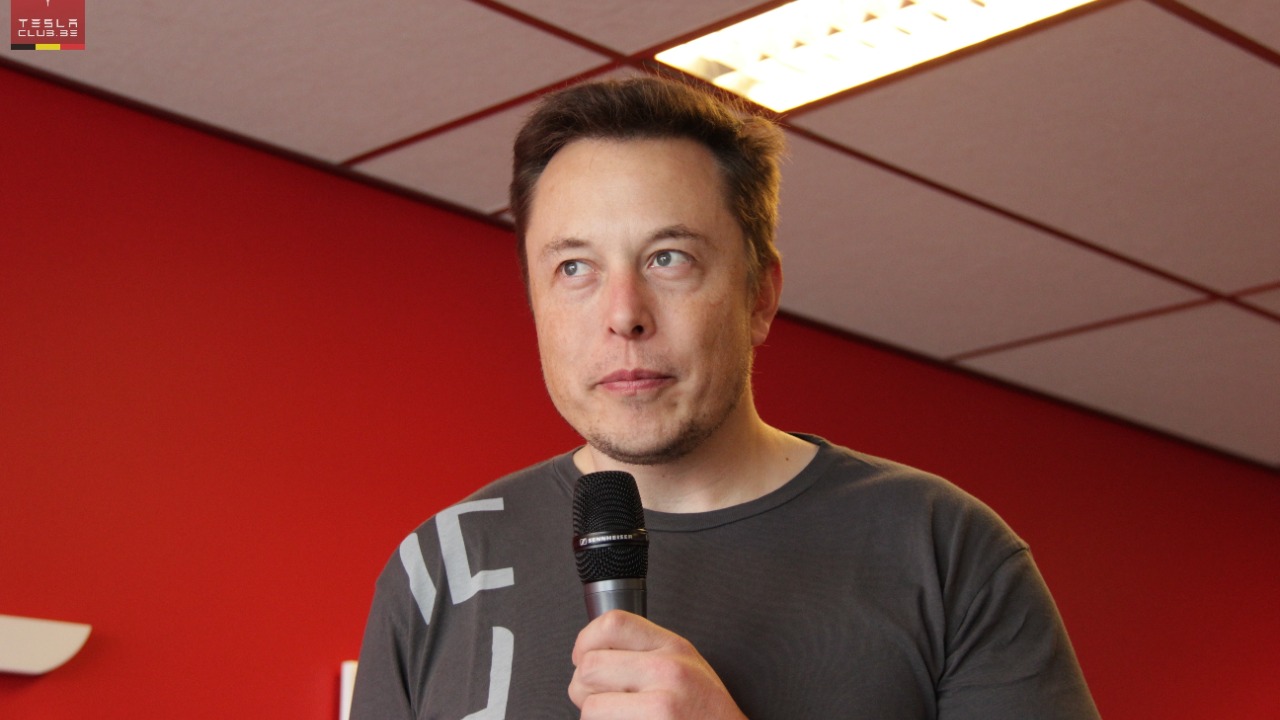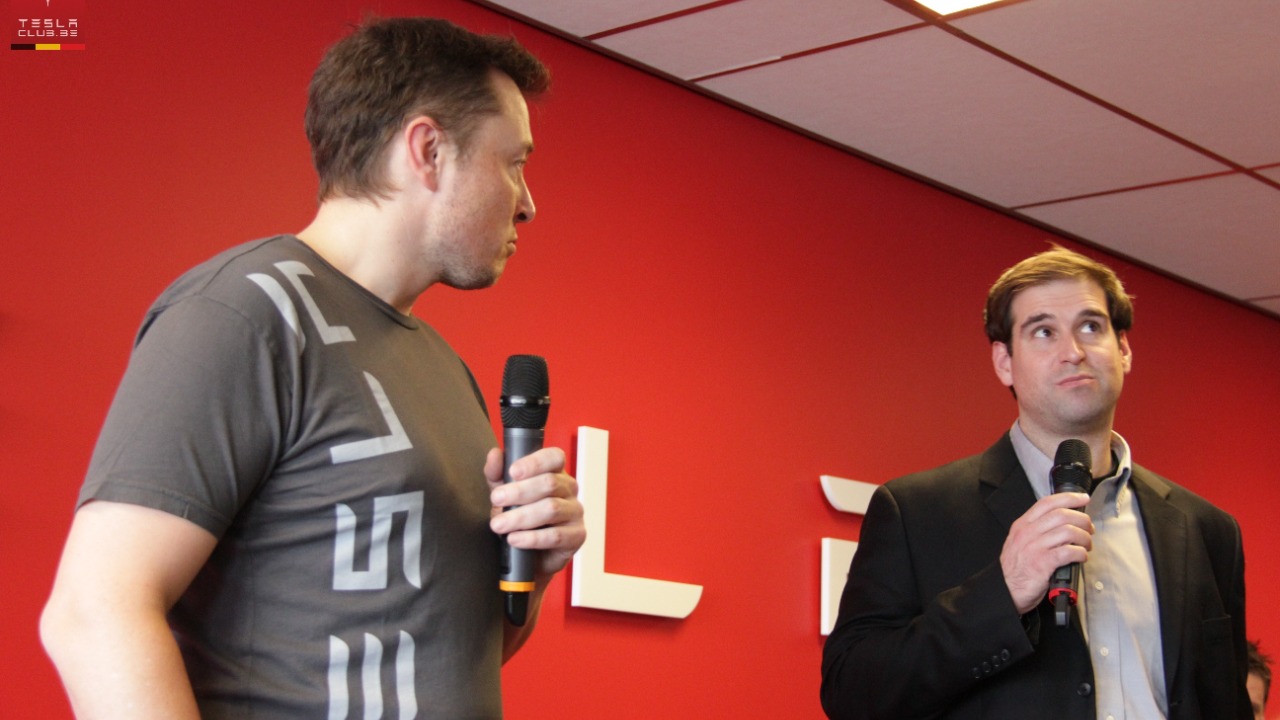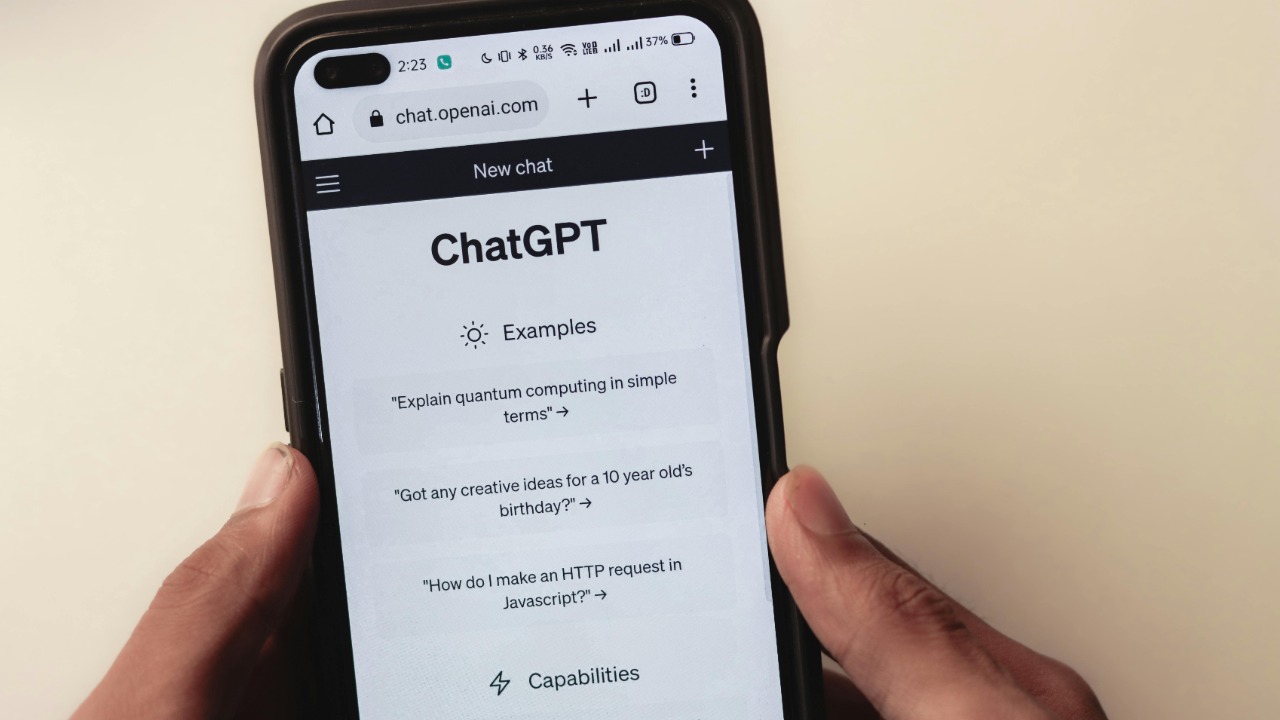Apple finds itself in the midst of a new AI controversy, as Elon Musk threatens legal action over ChatGPT’s prominent ranking in the App Store. The tech mogul argues that the AI app’s top position is unfair and demands its removal, setting the stage for a possible legal confrontation. This clash underscores the escalating tensions between tech giants over AI supremacy.
The Rise of ChatGPT in the App Store

ChatGPT has rapidly ascended the ranks in the App Store, captivating users with its advanced conversational capabilities. This surge in popularity reflects a broader shift in user expectations, where AI-driven applications are increasingly favored for their ability to provide intuitive and intelligent interactions. ChatGPT’s success is not just a testament to its technological prowess but also a signal of changing tides in the app marketplace. As more users gravitate towards AI-powered solutions, traditional apps face the challenge of adapting to this new landscape.
The implications of ChatGPT’s success are far-reaching. With its dominance in the App Store, other developers are racing to incorporate AI technologies into their offerings. This trend is reshaping app rankings, as AI-driven features become a significant differentiator in the competitive app ecosystem. The broader impact of this shift is evident across the tech industry, where companies are investing heavily in AI research and development to stay ahead in the innovation curve. The rise of ChatGPT is a harbinger of the transformative power AI holds over the future of technology.
Elon Musk’s Concerns and Legal Threats

Elon Musk’s concerns regarding ChatGPT’s prominence in the App Store are rooted in his belief that the app’s ranking is unfair and potentially harmful to competition. Musk has vocalized his grievances, arguing that ChatGPT’s visibility gives it an undue advantage that stifles innovation from other developers. His legal threats are not merely about app rankings; they hint at a broader unease about the influence and control that a few tech companies wield in the AI space.
Musk’s motivations might extend beyond the immediate issue of app rankings. His relationship with Apple has been complex, especially as Tesla ventures deeper into the realm of AI with its autonomous driving technologies. The potential for legal action could strain this relationship further, as both companies vie for leadership in AI innovation. Musk’s public stance against Apple could also be seen as a strategic move to advocate for more equitable AI practices, ensuring that no single entity dominates the rapidly evolving landscape.
Apple’s Position and Response

Apple has maintained a firm stance on its criteria for app rankings, defending its position against Musk’s allegations. The company outlines its policies as transparent and equitable, designed to prioritize user satisfaction and app quality. Apple’s defense centers on the claim that ChatGPT’s ranking is a reflection of its genuine popularity and user engagement, not an anomaly or manipulation.
To address the challenges posed by Musk’s threats, Apple may need to revisit its ranking algorithms and policies. The company could consider enhancing transparency around how AI apps are assessed and ranked, ensuring that its process is perceived as fair and unbiased. This approach might not only mitigate legal risks but also bolster Apple’s reputation as a leader in ethical tech governance.
The Broader AI Competition Landscape

The competitive dynamics between major tech companies in the AI field are intensifying, as evidenced by the clash between Musk and Apple. AI innovation is becoming a critical battleground for tech giants, with each entity striving to outpace others in developing cutting-edge solutions. The stakes are high, as AI technologies promise not only financial rewards but also influence over the future of numerous industries.
For companies like Apple and Tesla, the race to harness AI’s potential is both an opportunity and a challenge. As they develop new applications and platforms, these companies must navigate a complex web of ethical considerations, regulatory landscapes, and competitive pressures. The outcomes of such disputes could significantly impact consumers and developers, shaping the availability and evolution of AI technologies in the market.
Implications for the Future of AI and Tech Industry Relations

The ongoing dispute between Elon Musk and Apple could have far-reaching implications for the development and regulation of AI. If Musk’s legal threats materialize, it might prompt a reevaluation of how AI applications are ranked and regulated, potentially leading to new standards and practices that govern AI deployment. This could foster a more collaborative environment among tech giants, where shared goals and ethics drive innovation.
The potential ripple effects on collaboration and competition are significant. As companies navigate the evolving landscape, there may be increased emphasis on partnerships and alliances, leveraging collective expertise to tackle AI’s challenges. The long-term consequences of this dispute could also influence how the tech industry approaches AI ethics and governance, setting precedents for future innovations.
The confrontation between Elon Musk and Apple over ChatGPT’s App Store ranking is more than a legal skirmish; it is a reflection of the broader tensions and transformations occurring in the tech industry. As AI continues to redefine the boundaries of technology, the actions and decisions of industry leaders will play a pivotal role in shaping its trajectory. The outcome of this dispute could serve as a catalyst for change, prompting a reevaluation of how AI is integrated into our daily lives and regulated to ensure fairness and innovation.